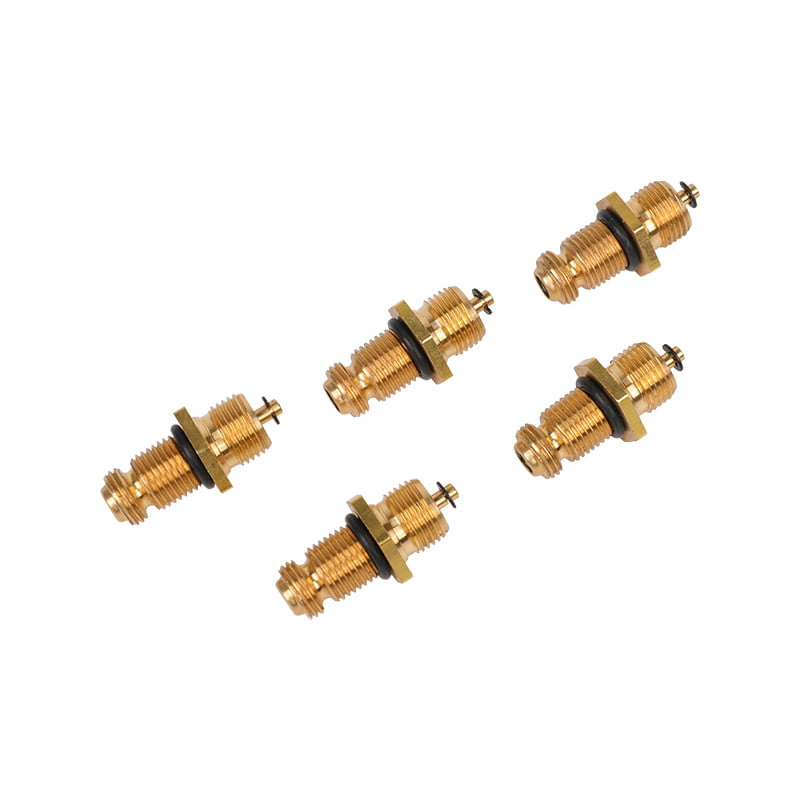What is the function of a needle valve
Author:admin Date:2023-03-01
The function of a hydraulic needle valve is to control the flow of liquid or gas. This can be accomplished by adjusting the orifice size, stem type, and stem position.Needle valves are used in a variety of applications, including fluid control, metering, and instrument service. They protect delicate equipment from sudden surges of media and allow for precise adjustments of flow.Needle valves are designed to control the flow of a fluid system. They can be used for simple regulation or fine metering depending on the type of needle valve.Needle valves work by a plunger that raises and lowers with the turn of a handle. This plunger is a conical needle that fits into a valve seat as the stem rotates.This design allows for precise adjustment of the plunger position, allowing for very accurate flow control. This is especially useful when mixing multiple lines together.Needle valves are manufactured from a variety of materials, including brass and stainless steel. They are chemically resistant and durable, able to withstand high temperatures and pressures.
Needle valves are commonly used for regulating the flow rate of liquid or gas within a pipeline. They are also essential to the safety and effectual operation of industrial equipment and processes.One of the most useful features of needle valves is their ability to add or relieve pressure in small increments. This helps prevent sudden surges of liquid or gas that can damage gauges.Another great feature of needle valves is their precision. This means that it takes a considerable number of turns to make even a little space open up, which allows for gradual, accurate and precise control.Needle valves are made with a wide variety of materials including stainless steel, bronze, brass, or metal alloys. Choosing a material that’s best for the service you need will help preserve the valve’s lifespan and keep your systems running smoothly and safely.
When making needle valves, it is important that they are made from only the best materials. This is because they will be under a lot of stress when holding back large amounts of liquid or gas. These fluids may contain chemicals that can be damaging to many materials.Another important feature of needle valves is that they must be able to withstand extreme temperatures. This is because the liquids or gases that are pushed through them will often be hot or cold.Stainless steel is the most common material for needle valves, as it is highly durable and resistant to most forms of chemical damage, corrosion, and rust. It also lasts for years without needing to be replaced and requires low maintenance.Needle valves are used in a variety of applications throughout the world. They are commonly found in industrial settings as they allow precise flow metering.
Needle valves are used in a variety of liquid and gas systems. They offer precise control of flow rates, allowing for improved efficiency and reduced costs.Needle valve applications include low-pressure hydraulic systems, chemical processing, and more. They can also dampen pressure spikes that cause damage to sensitive gauges and other equipment.When choosing a needle valve, it is important to consider the material and size for your application. Stainless steel is a common choice for these valves, as it can handle many different types of fluids and withstand high temperatures and pressures.Needle valves are available in a wide range of port and orifice sizes. Choosing the correct size will help ensure that your system performs effectively and operates with fewer chances of wear and leakage. They can be made with NPT (National American Pipe Thread), BSP (British Standard Pipe), and metric thread standards, which are commonly employed in the industry.
Valve



 English
English Deutsch
Deutsch











